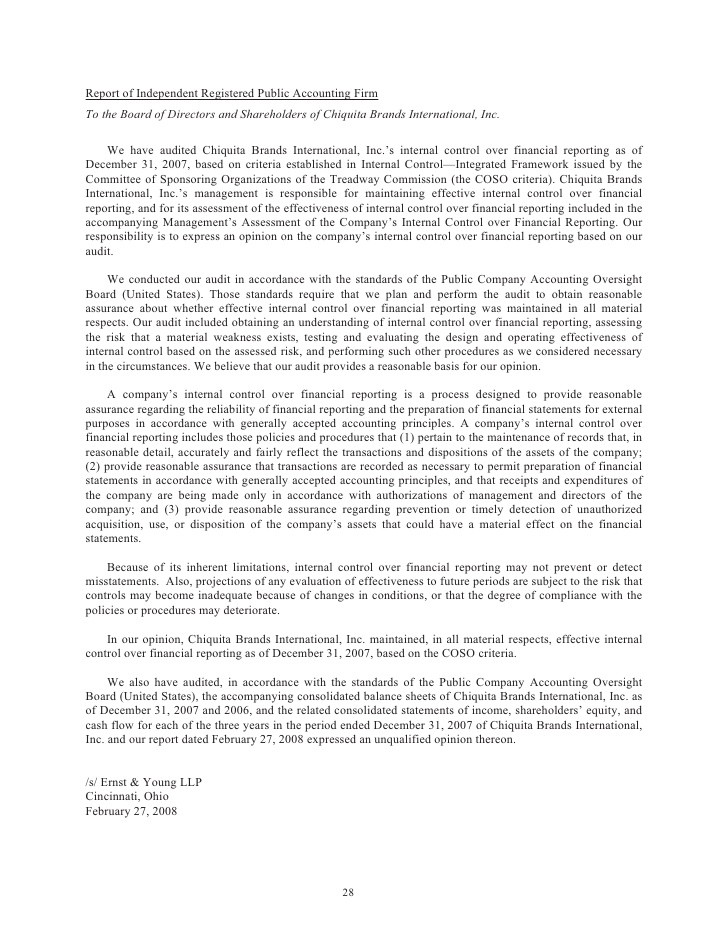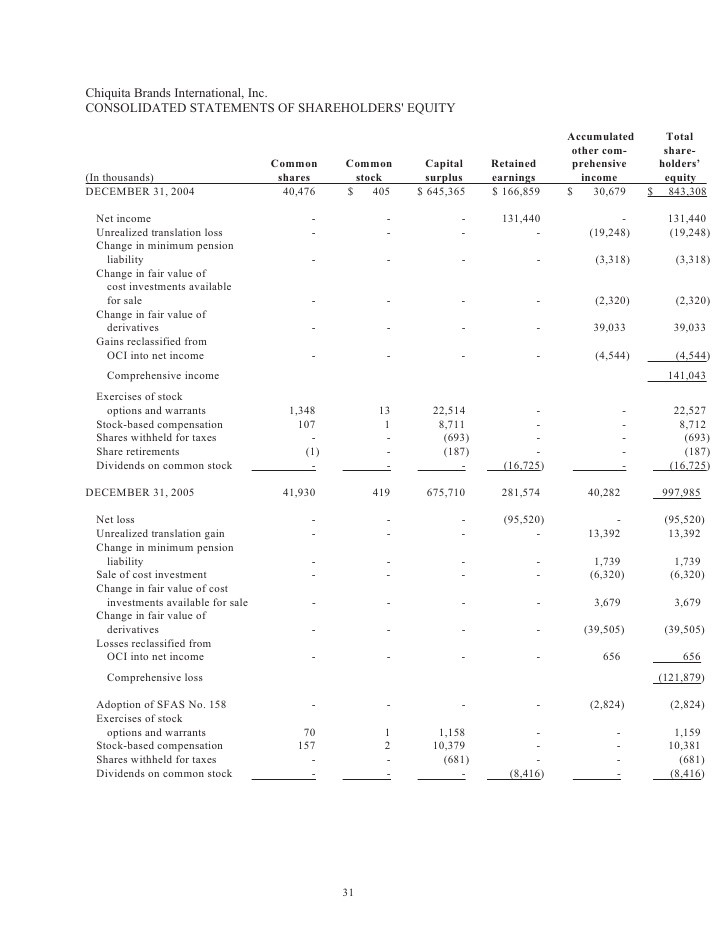Is Overseas Shipholding A Good Investment For Minority Shareholders Overseas Shipholding Group
Post on: 8 Июль, 2015 No Comment

Overseas Shipholding Group’s (OSG) is one of the oldest US tanker listings. Founded in 1948, it went public in 1973. The company’s website says it is the second largest publicly traded oil tanker company in the world, measured by number of vessels and it is the only tanker company with a significant U.S. Flag and International Flag fleet.
But I personally have no intention of purchasing OSG’s shares soon, on some false hope for a miracle cure and a quick stock price rebound. And I am not in a position to short OSG’s shares either. Here’s what would have happened to my investment if I had been long OSG over the last few months:
-80%
Just reverse the signs above if you have been short OSG during these periods! Short sellers would have done very well indeed. OSG’s short interest is over 30% which is about 10 times the S&P 500 average.
But the continued decline in OSG’s share price represents the probability that it may be heading towards Chapter 11 bankruptcy protection. Chapter 11 is one of its options and I for one hope it’s not too late for rehabilitation. The market capitalisation of OSG is currently below the price of new-build very large crude carrier (VLCC)!
The firm has been fighting to reduce its operating costs for a number of years and in early 2012, it reduced its UK ship management office in Newcastle and consolidated the fleet into Athens, Greece. This operational re-organization may have saved annual technical management costs — a few million Dollars perhaps — but OSG’s liabilities are huge.
And I don’t think its recovery will simply come from a rebound in spot rates in the tanker sector.
OSG owns 11 VLCCs and these vessels can currently earn less than operating costs in the spot market. Frontline’s (NYSE:FRO ) billionaire Norwegian tanker owner John Fredriksen, looked at OSG in 2008/9 but he subsequently decided against further investment. At that time, OSG’s share price was about 20 times its current share price.
The current CEO is Mr Morten Arntzen, who took on the job in 2004. He is an ex-banker but I wonder if a growth-minded CEO on the back foot during a corporate turnaround can ever help minority shareholders? Mr Arntzen was ranked as one of the ’10 worst CEOs’ in a recent Motley Fool article. OSG’s Board has sensibly appointed Chicago-based Chilmark Partners to act as a restructuring adviser. In a situation like this, I think it will only be the gutsy debt traders who make the returns, not the humble minority equity traders like me.
Be warned: minority shareholders will be burnt in the event of Chapter 11 bankruptcy, which is a possibility.
OSG recently made a Form 8-K filing. Law firm Block & Leviton has started an investigation into whether or not OSG issued false or misleading financial results. OSG director Allen Andreas resigned several weeks ago after an apparent disagreement over the Board’s review of a tax issue.
As the saying goes: Where there’s smoke. there’s fire. So this makes me question the reliability of OSG’s financial statements over the last three years. It’s not clear to me if OSG is at risk of immediate default on payments to owners of the 40+ ships that it charters in, for example, three chemical product tankers from Capital Product Partners (NASDAQ:CPLP ), or to any other of its other major suppliers, like a bunker supplier, a shipyard, etc. OSG has cash on the balance sheet and its Quick Ratio is 1.1x. But then. I’m not sure if these lines in the balance sheet can be trusted.
If OSG files for Chapter 11 protection, it will be the second US-listed tanker major to seek bankruptcy protection in the current shipping downturn, following General Maritime’s troubles in 2011. GenMar’s restructuring was successful but apparently hugely controversial in the debt markets. GenMar received $175 million from private equity firm Oaktree Capital Management, which will now controls 98% of the company.
GenMar and TBS were successful. but others like Marco Polo failed to restructure via Chapter 11. In any event, Chapter 11 negotiations can move quickly and unsecured bondholders and equity holders will get burnt in the restructuring.

OSG’s CEO Mr Arntzen recently admitted that he had drawn down all of OSG’s $1.5bn revolving unsecured credit line. This overdraft facility will be cut to $900m in February. OSG needs recapitalization and support from its lenders, who are currently more inclined to sell on a fraction on the Dollar. and run !
I think one solution for OSG is to sell its Jones Act business. This business was previously spun off in 2007 and then re-merged into the parent in 2009. The divestment of the US-flag business could raise between $500m and $1bn, enabling OSG to reduce debt and interest expense. In this event, a subsequent private placement would support the operational cash burn of the non-US fleet — until the freight markets turn sometime during the next 3-5 years — and perhaps enable OSG to pay shareholders a dividend again. Just like Capital Product Partners. Is this wishful thinking?
Another option is for OSG to sell some assets, slowly over time, to avoid fire sale/distressed pricing. But can we believe OSG’s valuation of its vessels? DHT Holding (NYSE:DHT ) recently announced ship value impairments of $92.5m. DHT has reportedly written off more than $145m off its ship values in the past 12 months. But DHT still had to engineer a rescue from private equity investor Anchorage Capital in March 2012. Interestingly, DHT was itself spun off from OSG in 2005.
My own calculations tell me that OSG could bridge the $600m overdraft gap by February, by selling selected poor-performing ship assets. But Lloyd’s List has reported that OSG has not followed the Securities and Exchange Commission recommendations to show the diminished value of its ships by way of note in its accounts and independent analysis has suggested the market values could be as much as $1bn below book value. If this were true, it would be very unfortunate and a filing under Chapter 11 would probably be terminal under these circumstances.
The bottom line: How soon will minority shareholders know OSG’s prospects? Probably not early enough. So in case it’s bad news, I personally have no intention of purchasing OSG’s shares soon.
Disclosure: I have no positions in any stocks mentioned, and no plans to initiate any positions within the next 72 hours. I wrote this article myself, and it expresses my own opinions. I am not receiving compensation for it (other than from Seeking Alpha). I have no business relationship with any company whose stock is mentioned in this article.
Since you’ve shown interest in OSGB, you may also be interested in














